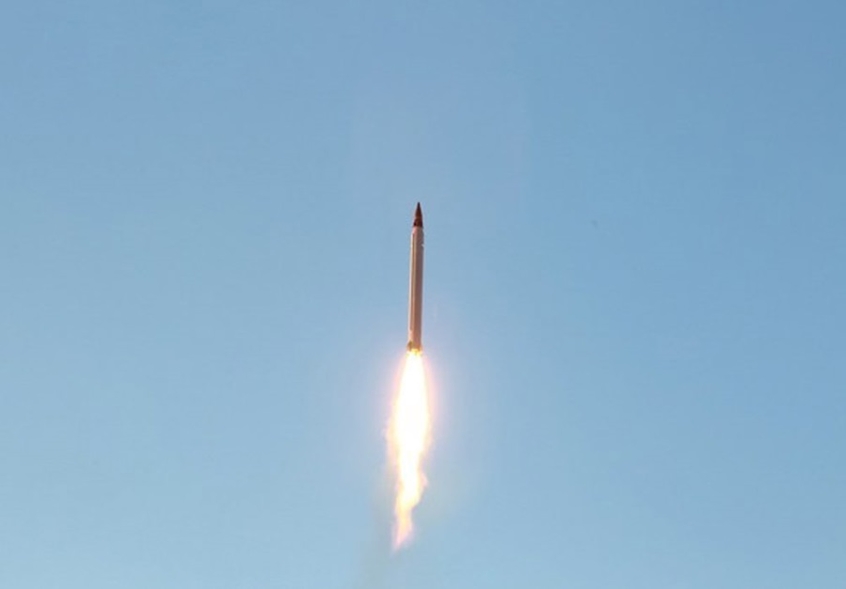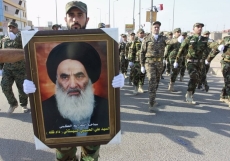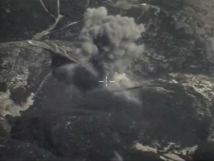
Iran announced the successful test firing of a precision-guided long-range ballistic missile, which it said could be controlled until the moment of impact.
The test fire last Sunday was the first since the Islamic Republic reached a historic nuclear deal with the world powers, according to Fox News.
It remained unclear whether the missile test was in violation of UN Security Council resolutions. One of such resolutions signed on July 20 provides for Iran "not to undertake any activity related to ballistic missiles designed to be capable of delivering nuclear weapons, including launches using such ballistic missile technology'' for eight years.
Iran responded by saying that its ballistic missile development was for defensive purposes only and not meant to deliver nuclear warheads, said the Journal.
US State Department spokesman John Kirby said Sunday the US would take "appropriate actions'' at the UN once the test has been proven to have violated Security Council resolutions.
"Separately we remain confident in our ability to defend ourselves and our allies in the region,'' he said. "And we will continue to work closely with our regional partners to boost their capabilities to defend themselves against any threats by Iran.''
Iranian Defence Minister Hossein Dehghan touted the capability of the new Iranian weapon. "The Emad missile is able to strike targets with a high level of precision and completely destroy them," he was quoted by Iran's state news agency IRNA as saying.
Dehghan said Iran will now have the freedom to enhance its defensive power and will pursue its plans, particularly in the field of missiles, the Wall Street Journal reported. "We don't ask anyone's permission to enhance our defence power or missile capability and will firmly pursue our defence plans, particularly in the field of missiles. Emad is one of the outstanding examples of this,'' he added.
Meanwhile, Uzi Rubin, an Israeli missile expert, told Reuters that "Emad represents a major leap in terms of accuracy. It has an advanced guidance and control system in its nose cone."
Since 1992, Iran has been emphasising self-sufficiency and its indigenous military production industry which produces the country's own missiles, tanks and light submarines, according to The Associated Press.
The launch last Sunday came on the same day the Iranian parliament approved a bill supporting the nuclear deal with the world powers.
The bill states that Iran would ''reciprocally'' implement the nuclear deal but would "keep watch for any act of non-compliance by the other side," IRNA reported.
The nuclear deal reached with six world powers last July called on Tehran to curb its nuclear programme in exchange for relief from international sanctions that have crippled its economy.

















